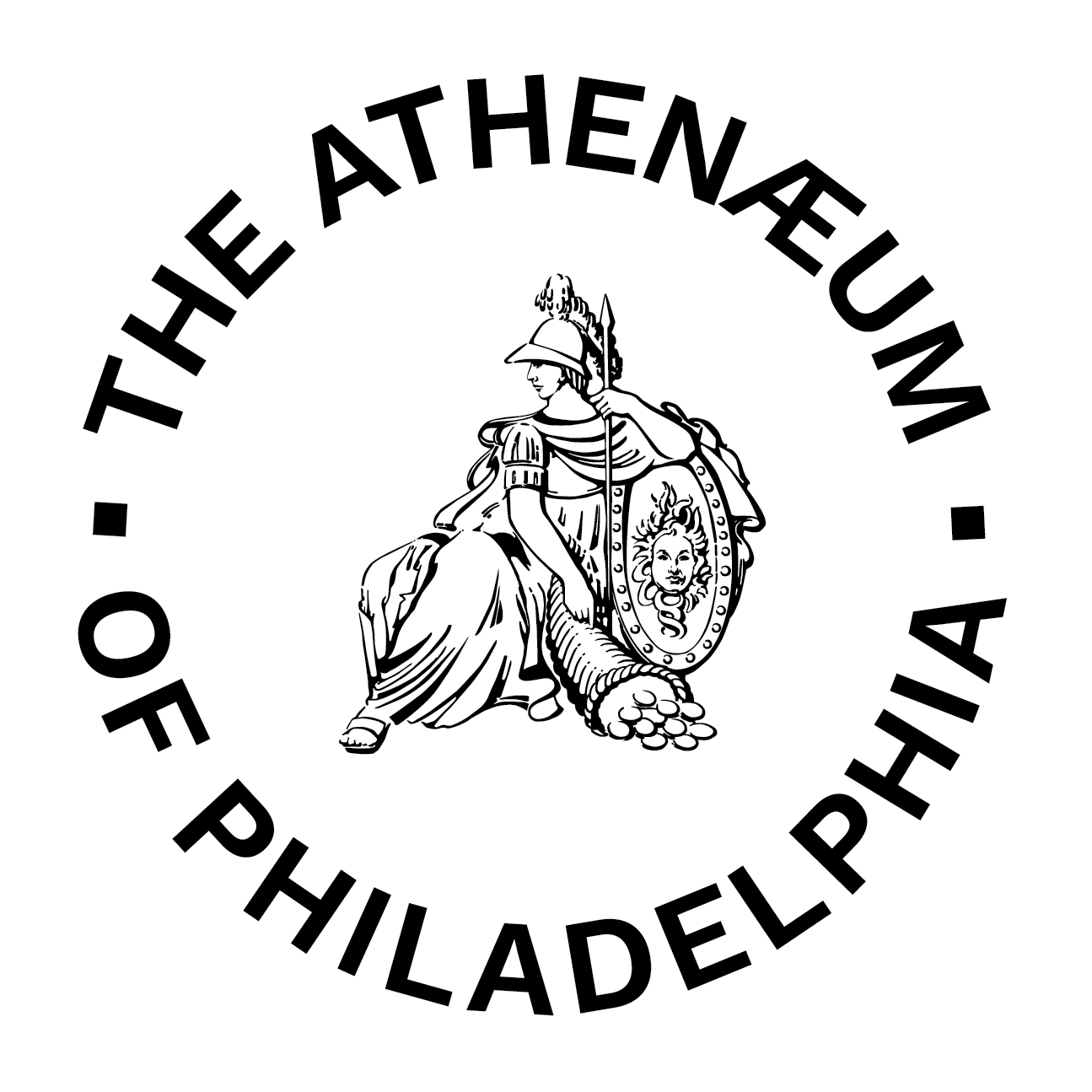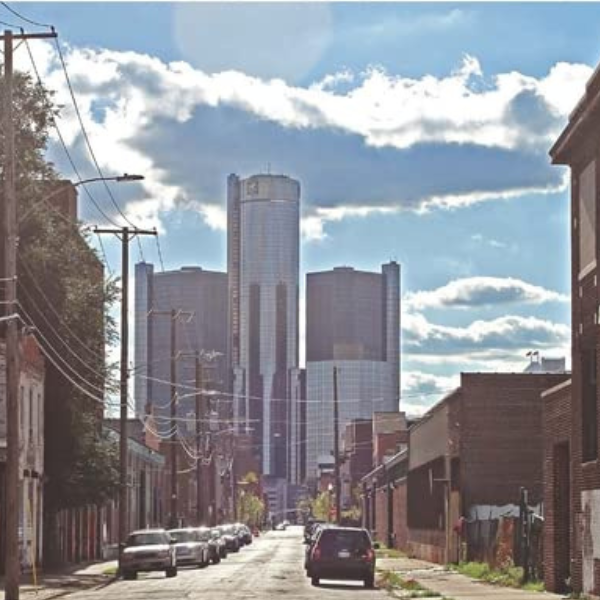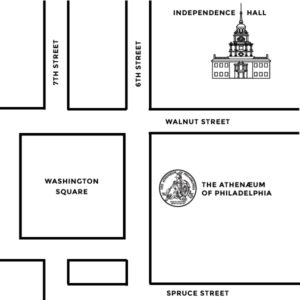Thursday, December 8 at 12:00 PM
In the twenty-first century, cities in the United States that had suffered most the shift to a postindustrial era entered a period widely proclaimed as an urban renaissance. From Detroit to Newark to Oakland and elsewhere commentators saw cities rising again. Yet revitalization generated a second urban crisis marked by growing inequality and civil unrest reminiscent of the upheavals associated with the first urban crisis in the mid-twentieth century. The urban poor and residents of color have remained very much at a disadvantage in the face of racially biased capital investments, narrowing options for affordable housing, and mass incarceration. In profiling nine cities grappling with challenges of the twenty-first century, author Howard Gillette, Jr. evaluates the uneven efforts to secure racial and class equity as city fortunes have risen. Charting the tension between the practice of corporate subsidy and efforts to assure social justice, The Paradox of Urban Revitalization assesses the course of urban politics and policy over the past half century, before the COVID-19 pandemic upended everything, and details prospects for achieving greater equity in the years ahead.
About the Author:
As Professor of History Emeritus at Rutgers University-Camden, Gillette has specialized in modern U.S. history, with a special interest in urban and regional development. Currently he serves as co-editor of the online Encyclopedia of Greater Philadelphia. His latest book, The Paradox of Urban Revitalization: Progress and Poverty in America’s Post-industrial Age, was published by the University of Pennsylvania Press in March, 2022. His book, Camden After the Fall: Decline and Renewal in a Post-Industrial City (University of Pennsylvania Press, 2005), received best book awards from the Urban History Association and the New Jersey Historical Commission. He was honored with the Historical Society of Washington, D. C.’s Visionary Historian Award in 2018 and the Society for American City and Regional Planning History’s Laurence Gerckens Prize for sustained teaching excellence and educational leadership in the field of planning history in 2019. Previously he taught at George Washington University and the University of Pennsylvania, where he taught for the Urban Studies Department in 2016 and 2017. He received his B.A. and Ph.D. degrees in American Studies from Yale University.
Purchase the book from Penn Press using this code active December 1-December 15
https://www.pennpress.org/9780812253719/the-paradox-of-urban-revitalization/
GLLTTPHILATHNM30-FM
Professor Gillette is immediate past director of the Mid-Atlantic Regional Center for the Humanities, a research and advocacy organization for bringing new intellectual and monetary resources to cultural practice in the humanities as it relates to the Mid-Atlantic states of New Jersey, Pennsylvania, New York, Delaware, Maryland, and the District of Columbia. His work in public history has included a role as a founder and first director of the Center for Washington Area Studies at the George Washington University and as editor of Washington History, the journal of the Historical Society of Washington, D.C. He is a past president of the Society for American City and Regional Planning History and a former board member of the Historical Society of Washington and the Camden County Historical Society. He is the author, among other works, of Between Justice and Beauty: Race, Planning, and the Failure of Urban Policy in Washington, D.C. (Johns Hopkins University Press, 1995; University of Pennsylvania Press 2006 paperback edition), Civitas by Design: Building Better Communities, from the Garden City to the New Urbanism (University of Pennsylvania Press, 2010), and Class Divide: Yale ’64 and the Conflicted Legacy of the Sixties (Cornell University Press, 2015).
This is a virtual event


